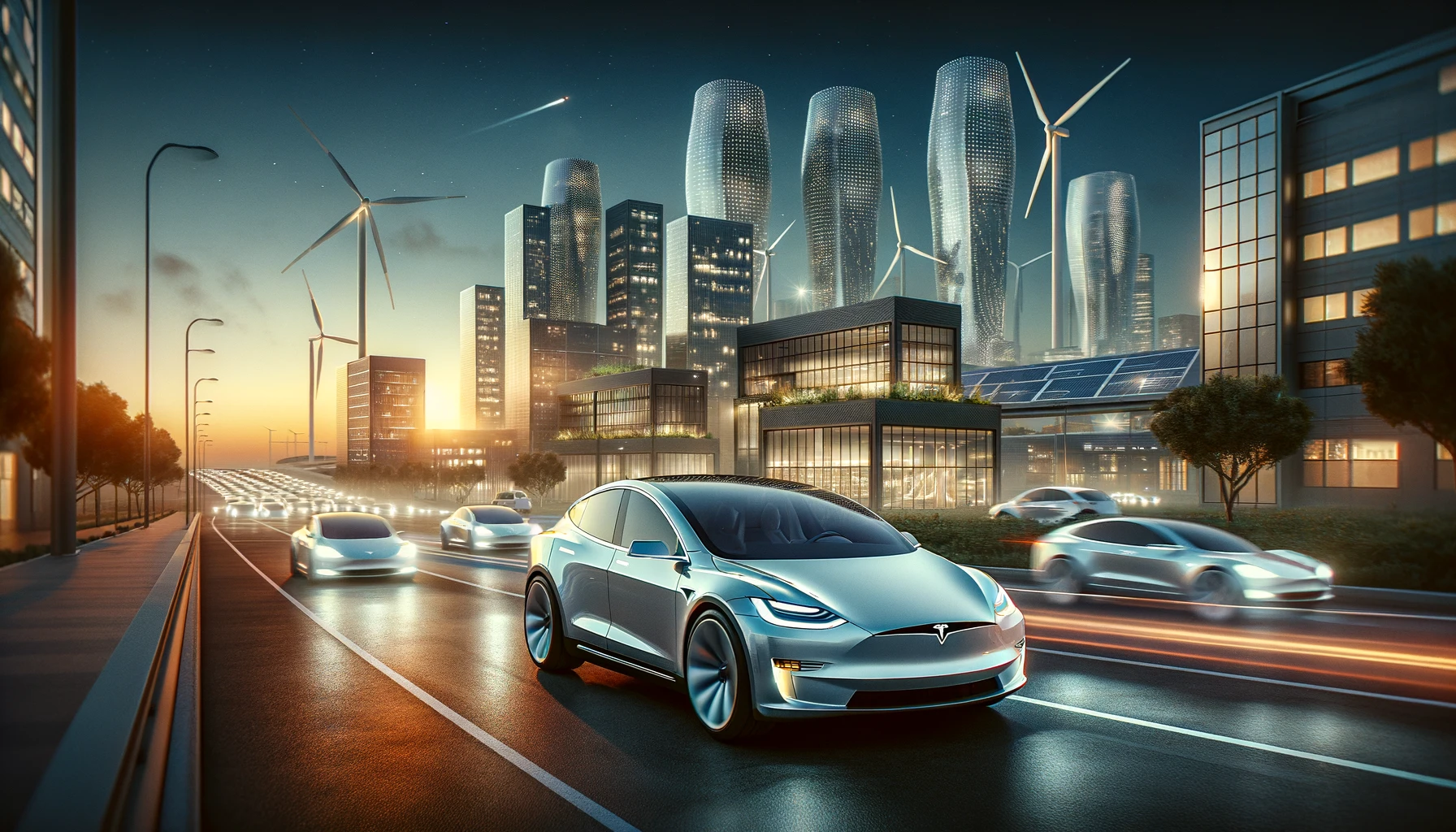Xiaomi has quickly ascended in the electric vehicle (EV) market, marking a significant production milestone with the 10,000th unit of its SU7 sedan, a direct competitor to Tesla’s Model 3. This achievement comes merely 32 days after the vehicle’s launch, highlighting Xiaomi’s rapid production capabilities and its ambitious objectives within the EV industry. The company celebrated this landmark with a vibrant post on Weibo, drawing attention to its accelerated manufacturing process and expansion plans aimed at delivering 100,000 SU7s within the current year.
What Drives Xiaomi’s EV Production Success?
Xiaomi’s entry into the electric vehicle market was met with skepticism, but their progress has been nothing short of impressive. From its commencement of vehicle production to reaching the 10,000th vehicle, Xiaomi has shown that it can scale operations rapidly. According to their social media updates, Xiaomi emphasizes transforming impossibilities into possibilities, signaling a robust approach to overcoming production challenges and setting high targets for future outputs.
How Does the SU7 Compare with Tesla’s Offerings?
During the launch of the SU7, Xiaomi’s CEO, Lei Jun, positioned the sedan as a superior alternative to the Tesla Model 3, suggesting it as an ideal upgrade for current Tesla owners. This bold positioning illustrates Xiaomi’s confidence in the SU7, which not only matches the Model 3 in terms of innovation but also proposes enhancements that could sway Tesla loyalists to consider switching brands.
What Future Plans Does Xiaomi Have for Its EVs?
Xiaomi’s vision extends beyond just selling cars in China; they foresee their vehicles dominating global roads. The firm is working diligently to increase its production capacity with the aim of establishing a significant presence in the international automotive market. This global outlook is fueled by their recent achievements and future production goals aimed at making Xiaomi a household name in the automotive sector.
Looking at the broader development of the electric vehicle industry, Xiaomi’s rapid rise provides a fresh narrative. Similar ambitious efforts are seen across the sector, as detailed by Electrek in “The Rise of Electric Cars” and by Auto Express in “Electric Dreams: Future Electric Cars”. Both articles highlight the industry’s rapid evolution and the increasing competition among new entrants aiming to topple Tesla’s longstanding dominance.
This trend aligns with scholarly research, such as the study published in the Journal of Sustainable Development, titled “Electric Vehicle Innovation and Market Dynamics”. The paper discusses how new technological advancements and consumer preferences are shaping the future of the automotive industry, emphasizing the importance of innovative production techniques and market entry strategies, much like those employed by Xiaomi.
Key Insights from Xiaomi’s Strategy:
- Xiaomi prioritizes rapid production scaling to meet market demands.
- Direct competition with established brands like Tesla can incentivize brand switching.
- Global market penetration is a major part of Xiaomi’s long-term strategy.
Xiaomi’s journey in the electric vehicle market reflects a broader shift in the automotive industry, where traditional boundaries are being challenged by tech companies. The speed at which Xiaomi reached this production milestone not only sets a precedent but also underscores the dynamic nature of the EV market. This scenario is likely to encourage further innovations and possibly a redefinition of market leadership in the electric vehicle sector. With an eye on both domestic dominance and international expansion, Xiaomi appears poised to become a key player in the global automotive arena, challenging established manufacturers and reshaping consumer expectations in the electric vehicle landscape.










